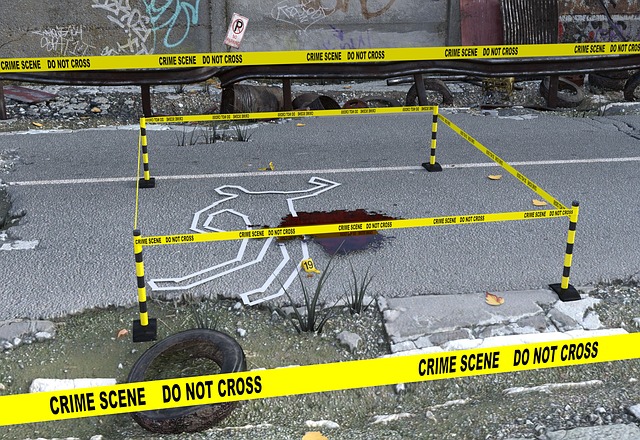Starting a Career in Forensic Psych

Forensic Psychology as a Career
Every year it seems that there is more interest in forensic psychology (i.e., applying the science and profession of psychology to law and the legal system). Part of this interest is spurred by an amazing amount of media exposure (e.g., the TV show Criminal Minds) related to forensic psychology.
In thinking about a career in forensic psychology, it is important that you understand that there are two ways to think about forensic psychology. First, some people talk about a narrow definition of forensic psychology. This definition is more concerned with the application of clinical skills--assessment, treatment, evaluation (e.g., clinical profiling, child custody and family law, insanity, law enforcement selection, provide treatment to inmates). Second, others talk about a broad definition that involves applying research in areas of psychology other than clinical psychology (e.g., social psychology) to legal issues (e.g., eyewitness testimony, jury decision making).
I will add that a career in forensic psychology can lead to a job in a local jail, state and federal prisons, police departments, courthouses, law firms, government agencies (including the FBI), private practices, and colleges and universities.
Finally, keep in mind that if you want to actually call yourself a “forensic psychologist” you will need to get an advanced degree (e.g., PhD).

Please note that the comments of Dr. Golding and the others who post on this blog express their own opinion and not that of the University of Kentucky.
Want More?
Visit our website to learn more about possible careers for psychology majors or those interested in jobs that involve psychology.
Learn how to succeed in college with Professor Golding’s blog.
Check out Dr. Lippert’s website to learn about her work as a cognitive psychologist.
Follow us on Twitter and Facebook